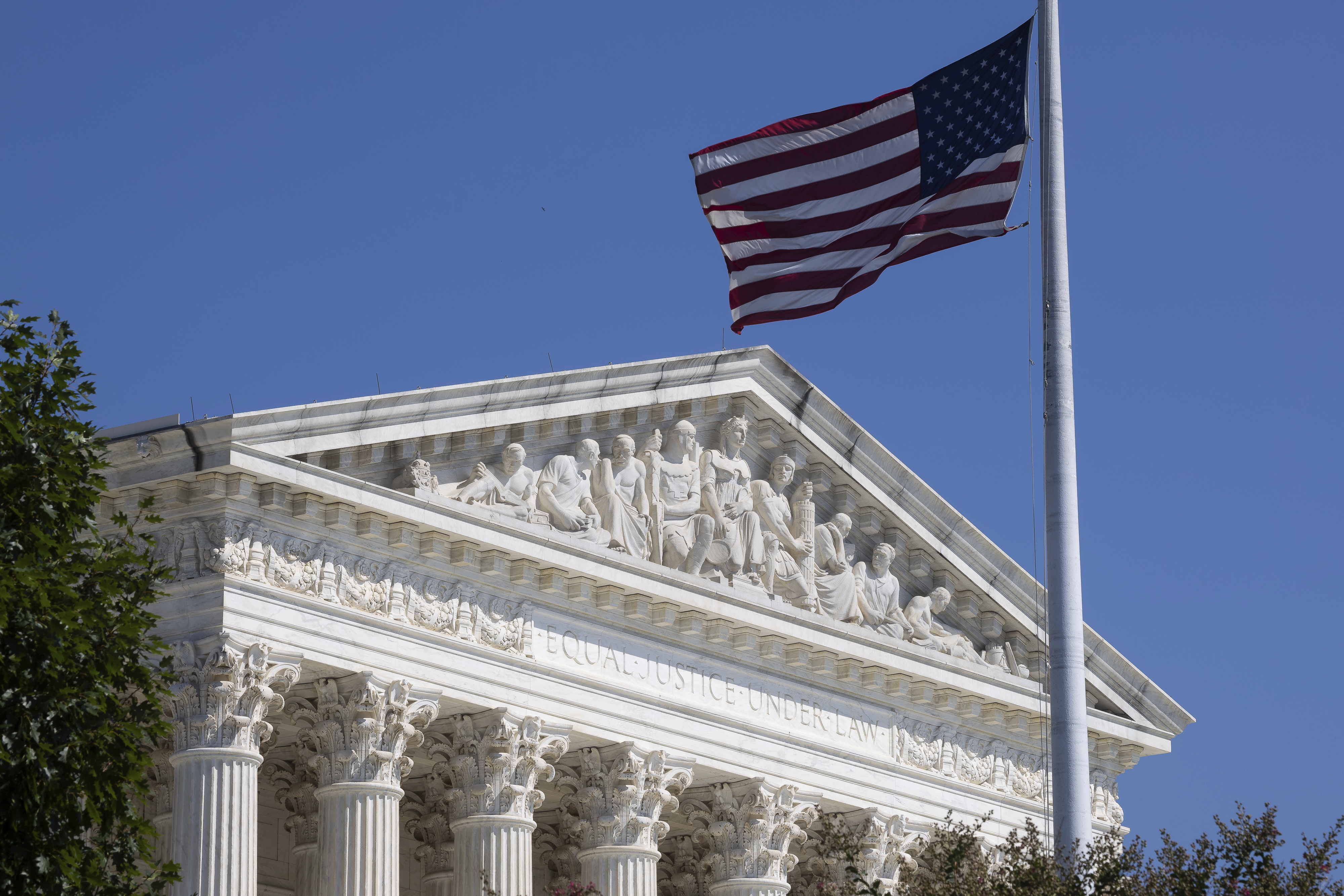A government shutdown like the one that might happen next week will interrupt many essential government functions. But it won’t cause a run on the banks or shake the financial system. It will not cause disruptions in the payment of Social Security or Medicare benefits.
That’s because Congress has given scores of government agencies power to independently finance themselves, reasoning that their functions are too important to be left to the uncertainties of the annual appropriations process.
But now, the constitutionality of independent agency funding is at risk in a case pending before the Supreme Court. The opinion could lead to a sea change in how essential government agencies function — and to potential chaos every time Congress engages in brinkmanship over funding. In the case, known as CFSA v. CFPB, the Community Financial Services Association is seeking to block the enforcement of Consumer Financial Protection Bureau rules designed to protect consumers against abusive payday loans. The CFSA is arguing that Congress violated the Constitution’s appropriations clause when it granted the CFPB a portion of the Federal Reserve’s operating budget.
The Fifth Circuit Court of Appeals found for the CFSA, using sweeping language suggesting that only moneys appropriated through the annual Congressional process are legal. The Supreme Court is set to hear oral arguments on Oct. 3.
If the Court sides with the Fifth Circuit, the implications are vast.
Essential government agencies and programs, including Social Security and Medicare, both of which are administered by independently funded bodies, would see their sources of independent funding vulnerable to challenge. The Federal Reserve, responsible for monetary policy and our payments system, would be particularly at risk, given that it runs on fees and profits from its market operations just like the CFPB. The budgets of the Office of the Comptroller of the Currency, responsible for regulating the nation’s largest banks, and the Federal Housing Finance Administration, responsible for overseeing housing finance, are also independent, coming from funds paid by the entities they regulate.
Requiring these agencies to seek direct Congressional approval for money to function would be particularly dangerous in times of crisis.
When I chaired the Federal Deposit Insurance Corporation during the financial crisis of 2008 and 2009, we had to ramp up our funding quickly to protect Main Street bank depositors. We were able to do so because Congress had long given the FDIC authority to set and fund its own budget through deposit insurance premiums paid by banks. Without that ability, people could have suffered delayed access to their insured deposit accounts as their failed banks shuttered until Congress saw fit to fund the agency.
Independently funded agencies like the FDIC don’t have unfettered authority to spend wildly. Congress sets various limits and parameters, including for the CFPB. The agencies are subject to continuous oversight by their congressional authorizing committees. And Congress can, of course, at any time, change or limit their self-financing authority, as it sees fit.
Congress chose to fund these agencies outside the normal appropriations process because this ensures they have a reliable, stable funding source no matter the vicissitudes of the legislature or powerful monied constituencies.
Imagine the disfunction if the Fed’s budget could be held hostage to congressional dissatisfaction over interest rate policy, or if a member of Congress unhappy about a failed bank in his district could try to block the FDIC’s budget. Individual agency budgets could be put at risk by disgruntled politicians or lobbying interests.
But even beyond the potential cascading effects of the decision on other agencies, the CFPB itself also needs reliable, stable funding.
In the years leading up to the financial crisis, industry lobbying blocked state and federal legislative efforts to strengthen mortgage lending standards. Millions of mortgages were made to borrowers who had no hope of repaying them. Resulting defaults and foreclosures wreaked havoc on our economy.
Congress created the CFPB in 2010 and insulated it from political and industry interference in carrying out its consumer protection mandate in order to stop the kind of reckless lending that led to the financial crisis. And it worked. Today, the CFPB is a big reason why there is very little distress in mortgage finance, even as other sectors of our financial system are under pressure.
People of good will can differ on its funding structure. (I had strongly supported the CFPB but thought its funding should come from more traditional regulatory assessments.) But that’s a policy issue for Congress to decide, not the Supreme Court.
The appropriations clause of the Constitution directs that no money be disbursed except by Act of Congress. It says nothing about the nature of those acts or annual appropriations. It says nothing about the duration of approved funding, except for the military where it prohibits appropriations longer than two years. It clearly vests with Congress authority over spending to support government functions. It allows the kind of protections that help Americans’ lives to continue to run smoothly, even when Congress isn’t.
The Supreme Court should respect Congress’ decision about CFPB funding and do the conservative thing. Reverse the 5th Circuit and let Congress’ decision stand.



The Fed and FDIC are good examples because they are well-functioning institutions that have been congressionally authorized with sustainable funding sources (unlike SS, they are not going bankrupt). So they’re doing their job and everything seems okay, yet if this legal case goes through, they would be deemed unconstitutional.